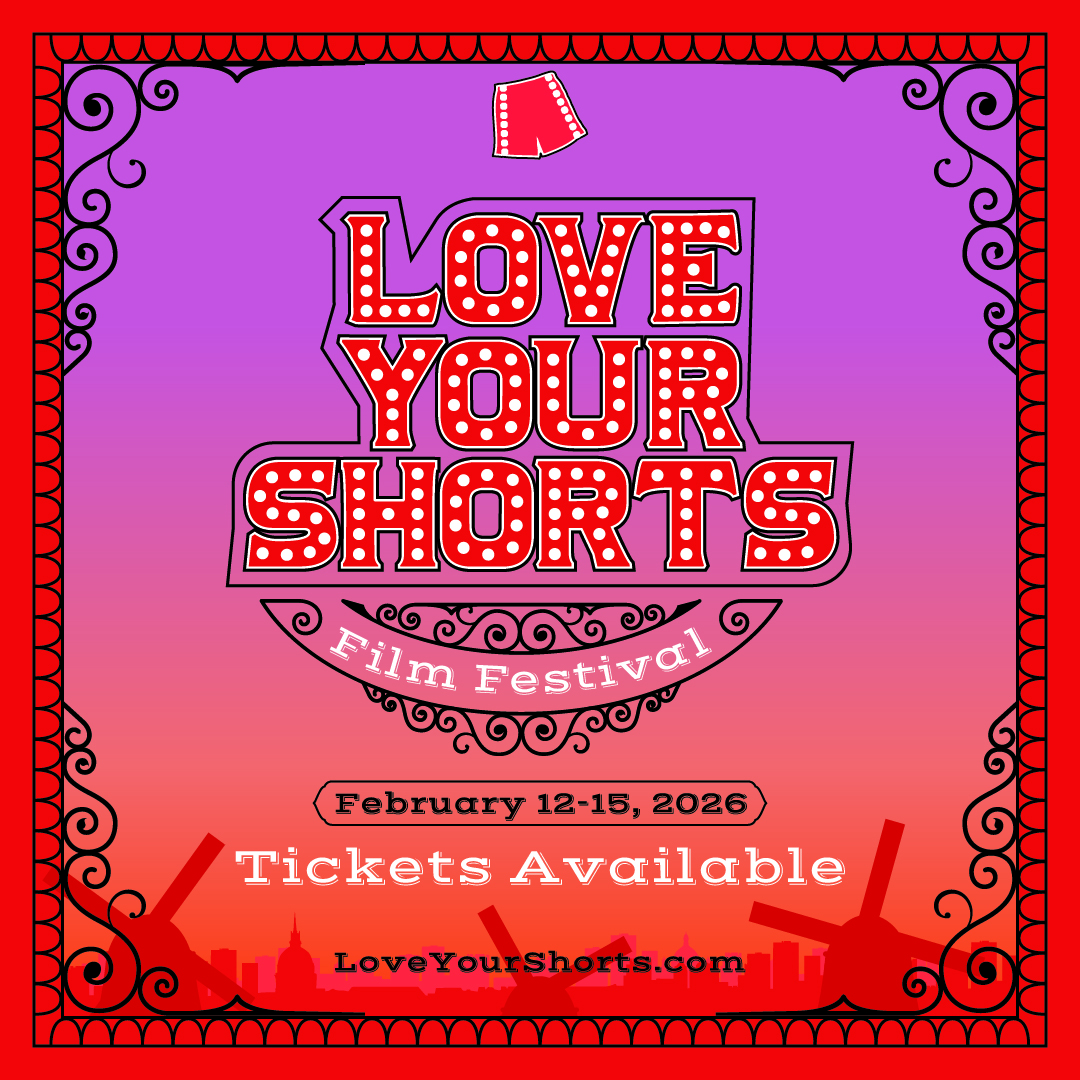Peru 4
Listen to Peru 4, a woman from Puno, Peru. Click or tap the triangle-shaped play button to hear the subject.
Both as a courtesy and to comply with copyright law, please remember to credit IDEA for direct or indirect use of samples. IDEA is a free resource; please consider supporting us.
BIOGRAPHICAL INFORMATION
AGE: N/A
DATE OF BIRTH (DD/MM/YYYY): N/A
PLACE OF BIRTH: Puno, Peru
GENDER: female
ETHNICITY: Peruvian (exact ethnicity unknown)
OCCUPATION: student
EDUCATION: some study in acting
AREA(S) OF RESIDENCE OUTSIDE REPRESENTATIVE REGION FOR LONGER THAN SIX MONTHS:
At the time of the interview, the subject had been living in Canada, possibly Toronto, for six years.
OTHER INFLUENCES ON SPEECH:
When she moved to Canada, she spoke no English for the first 18 months, then began studying English.
The text used in our recordings of scripted speech can be found by clicking here.
RECORDED BY: Mark Ingram
DATE OF RECORDING (DD/MM/YYYY): N/A
PHONETIC TRANSCRIPTION OF SCRIPTED SPEECH: N/A
TRANSCRIBED BY: N/A
DATE OF TRANSCRIPTION (DD/MM/YYYY): N/A
ORTHOGRAPHIC TRANSCRIPTION OF UNSCRIPTED SPEECH:
I’m from Peru. I’ve been living in Canada for almost six years. I’ve been living in Canada for almost six years. I’m speaking English for at least four and a half, because at first, year and a half, I didn’t speak at all. So, well, I’m learning. How else can I say? I do parties for kids. You know when in Toronto famous school taking acting, and yes, I don’t know. Peru is a beautiful country where we have the jungle, we have the coast, and we have the mountains. In the jungle usually the weather is really warm and it’s like humid like here, when it’s summer. And in the months that it’s really dry. OK, in the winter it’s really dry and it doesn’t really cold and it is snow, and we are there in usually in the mountains are all ov, over four thousand meters over the ocean. And the coast is just beautiful. It’s a beach party time all the time. And I wasn’t born ex … in Peru, but I wasn’t born in the capital. I was born where is the higher lake in the world. That is Lake Titicaca; that is four meters over the ocean and the higher lake in the world, where the water is completely cold and nobody is being capable to go through the water because it’s way too cold and people, nobody has discovered what is in there. A lot of people that live in this lake, in the middle of the lake in the little islands, they, they have no education, they have nothing, they just live in the old world. I’m looking forward to go there. That’s the name of. Now the name of the my city is Puno, that is in [unclear]. Sorry, Bolivia, yeah Bolivia. What else can I say about Peru? Well we have the best food is wh… in Peru is to recognize for one of the best in the world. It’s actually in sixth place annually speaking. Our main dish is like is fish, you know, like we have different ways to cook the fish. Actually, that’s right, huh? What else? We have different kind of music. And the good thing on my country is like we have all kind of races. We have a lot of black people, we have a lot of Asians, we have a lot of Jewish, we have a lot of Italians, where you can find everything. Yeah, so that’s about it, about my country.
TRANSCRIBED BY: Kevin Flynn and Mark Ingram
DATE OF TRANSCRIPTION (DD/MM/YYYY): 30/08/2008
PHONETIC TRANSCRIPTION OF UNSCRIPTED SPEECH: N/A
TRANSCRIBED BY: N/A
DATE OF TRANSCRIPTION (DD/MM/YYYY): N/A
SCHOLARLY COMMENTARY: N/A
COMMENTARY BY: N/A
DATE OF COMMENTARY (DD/MM/YYYY): N/A
The archive provides:
- Recordings of accent/dialect speakers from the region you select.
- Text of the speakers’ biographical details.
- Scholarly commentary and analysis in some cases.
- In most cases, an orthographic transcription of the speakers’ unscripted speech. In a small number of cases, you will also find a narrow phonetic transcription of the sample (see Phonetic Transcriptions for a complete list). The recordings average four minutes in length and feature both the reading of one of two standard passages, and some unscripted speech. The two passages are Comma Gets a Cure (currently our standard passage) and The Rainbow Passage (used in our earliest recordings).
For instructional materials or coaching in the accents and dialects represented here, please go to Other Dialect Services.
 IDEA: International Dialects of English Archive
IDEA: International Dialects of English Archive




